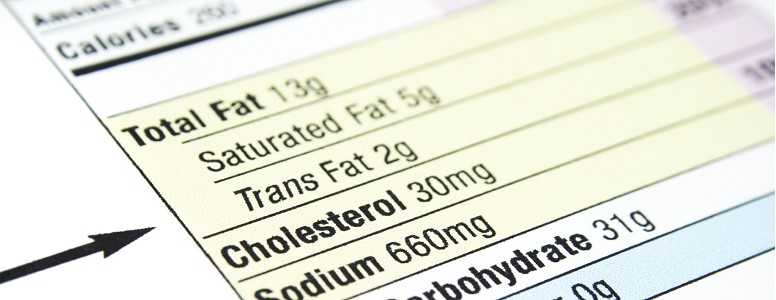The US Food and Drug Administration has announced that partially hydrogenated oils – a common source of trans fats – will be banned from the US food supply from 2018, amid concerns that they increase the risk of heart disease and type 2 diabetes.
What are trans fats?
Trans fats are generally considered one of the more dangerous food additives. Used to prolong shelf life, trans fats are often found in fast food. According to the American Heart Association: “eating trans fats increases your risk of developing heart disease and stroke. It’s also associated with a higher risk of developing type 2 diabetes.”
Trans fats and partially hydrogenated oils
One of the biggest sources of trans fats are partially hydrogenated oils, a process during which hydrogen molecules are added to cooking oil. Because this makes the compounds more stable, food cooked in partially hydrogenated oil has a much longer shelf life. Only a small amount of trans fats can be found in natural animal sources.
It should be noted that research is yet to suggest that fully hydrogenated oils carry any health risks. In fact, they appear to be harmless.
In response to the damning evidence surrounding the use of trans fats, the US Food and Drug Administration (FDA) will be outlawing their use from 2018.
“The FDA’s actions on this major source of artificial trans fat demonstrates the agency’s commitment to the heart health of all Americans,” said Stephen Ostroff, acting commissioner of the FDA. “This action is expected to reduce coronary heart disease and prevent thousands of fatal heart attacks every year.”
How might this affect the UK?
As yet, there are no plans to introduce a similar ban in the UK. Instead, the government has urged food companies to use less partially hydrogenated oil, but there are no sanctions should they fail to do so. Some kind of ban is arguably long overdue:
“There’s no real reason for having it in the food supply,” said Alice Lichtenstei, Gershoff professor of nutrition and science policy at Tufts University, Massachusetts. “What we really want to do is provide the US population with the safest food supply possible.”
Objections to the ban
A number of food companies – including the Snack Food Associatio, the American Frozen Food Institute and the Grocery Manufacturers Association – have opposed the decision. In a paper submitted to the FDA, the Snack Food Association wrote: “After reviewing the agency’s tentative decisio, SFA has concerns about the agency’s suggestions to possibly revoke the generally recognised as safe status of [partially hydrogenated oils] and urges the agency not to finalise its tentative determination.”
The FDA has so far been unmoved by the concerns of the food industry, but has delayed the ban until 2018 in order to give manufacturers time to find an alternative way of producing their food.
What's new on the forum? ⭐️
Get our free newsletters
Stay up to date with the latest news, research and breakthroughs.





